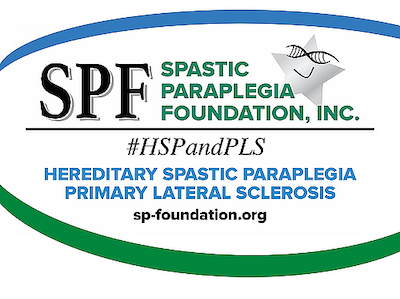It was not an executive shakeup that pummeled shares of Sarepta Therapeutics (SRPT) on Thursday. It was not rumors of a takeover Wall Street didn’t like.
Instead, it was a mistake.
Shares cratered 12.6% after an analyst pointed out that a patient in one of the company’s ongoing clinical trials for Duchenne muscular dystrophy reported a serious side effect. The stock was then halted, and remained halted for three hours.
Sarepta said in a statement that the submission to the Food and Drug Administration’s public database of adverse events was “erroneous” and wasn’t sent by the company or the physicians running the trial.
Because the trial is blinded, it isn’t clear whether the patient was actually receiving the drug or the placebo. Sarepta’s statement noted that the trial’s safety monitoring board “reviewed the issue and recommended the study continue uninterrupted.”
The timing for Sarepta was not ideal. On Wednesday, CEO Doug Ingram commented on safety issues of rival programs during the company’s second-quarter earnings call. Those rivals include Pfizer (PFE) and Solid Biosciences (SLDB), which have also been working on developing a gene therapy for DMD; that treatment also showed serious side effects in one clinical trial.
“Sarepta’s microdystrophin program appears to have further distanced itself from others,” Ingram said. “In time, in substance, and — it would appear at this early stage — in probability of success.”
People with Duchenne muscular dystrophy can’t produce enough of a particular protein, called dystrophin, because the gene that encodes the protein is mutated. SRP-9001 is supposed to replace that mutated gene and allow people to produce a version of the protein that is shorter but (theoretically) effective.
The gene therapy is being studied in a clinical trial at Nationwide Children’s Hospital in Ohio; the hospital did not immediately respond to a request for comment.
Information on the FDA’s public database for reported adverse events shows that the child was a 7-year-old boy. Two weeks after the child received an infusion as part of the trial, the child’s doctors diagnosed rhabdomyolysis, which happens when muscle dies and releases a toxic amount of myoglobin into a person’s blood. After an overnight stay in the hospital, the child’s blood test results were normal and he was discharged.
“While we are concerned for this patient, rhabdomyolysis is a known issue in the DMD community, and it is a manageable, acute condition,” Baird analyst Brian Skorney wrote in a note on Thursday, noting that the FDA’s safety database is “messy” and a report doesn’t necessarily mean that the drug caused the issue.
However, Skorney noted, news of the adverse event may have been circulating among investors. “If this event does turn out to be significant and Sarepta was aware of it, it wouldn’t be a great look for the company,” he wrote.










